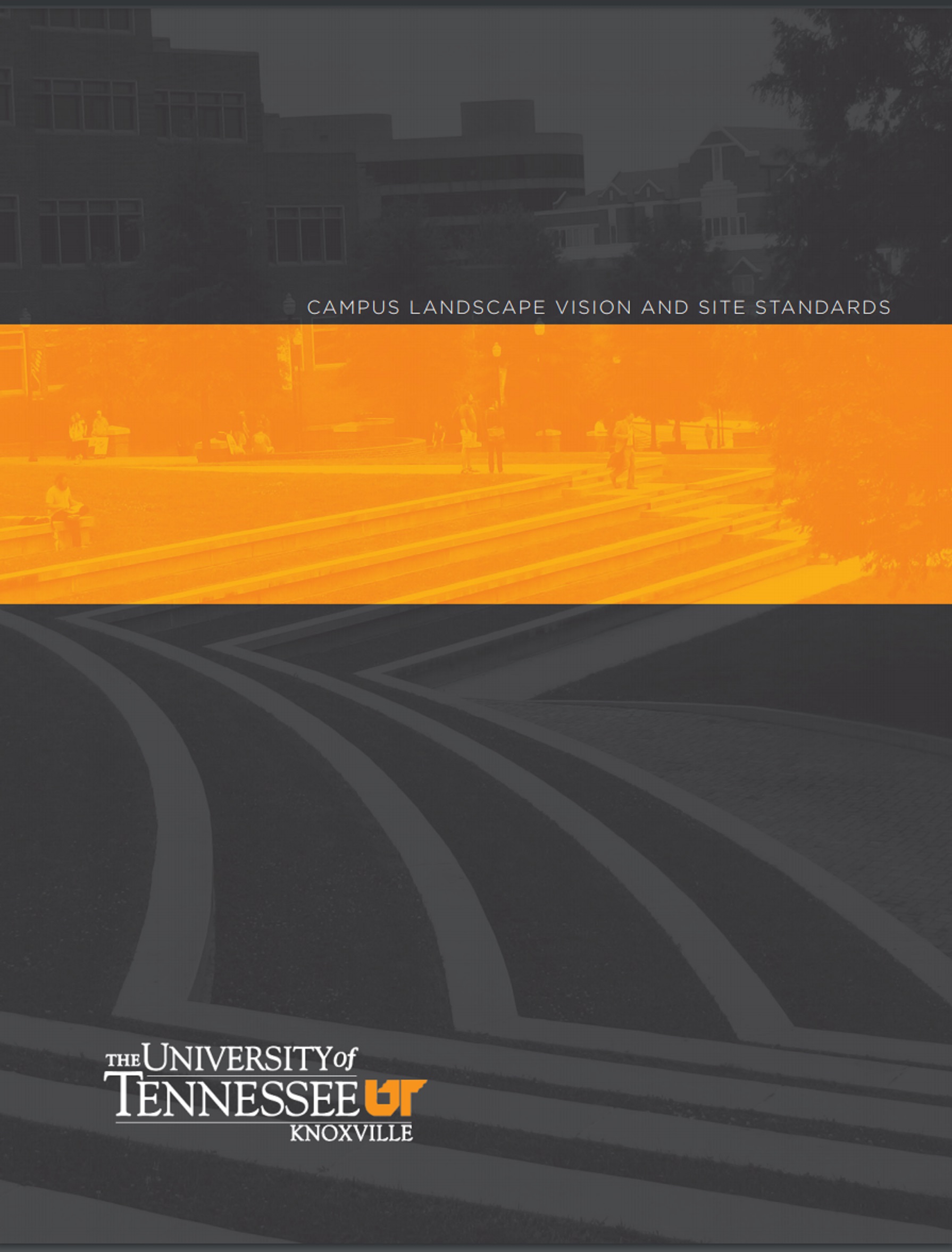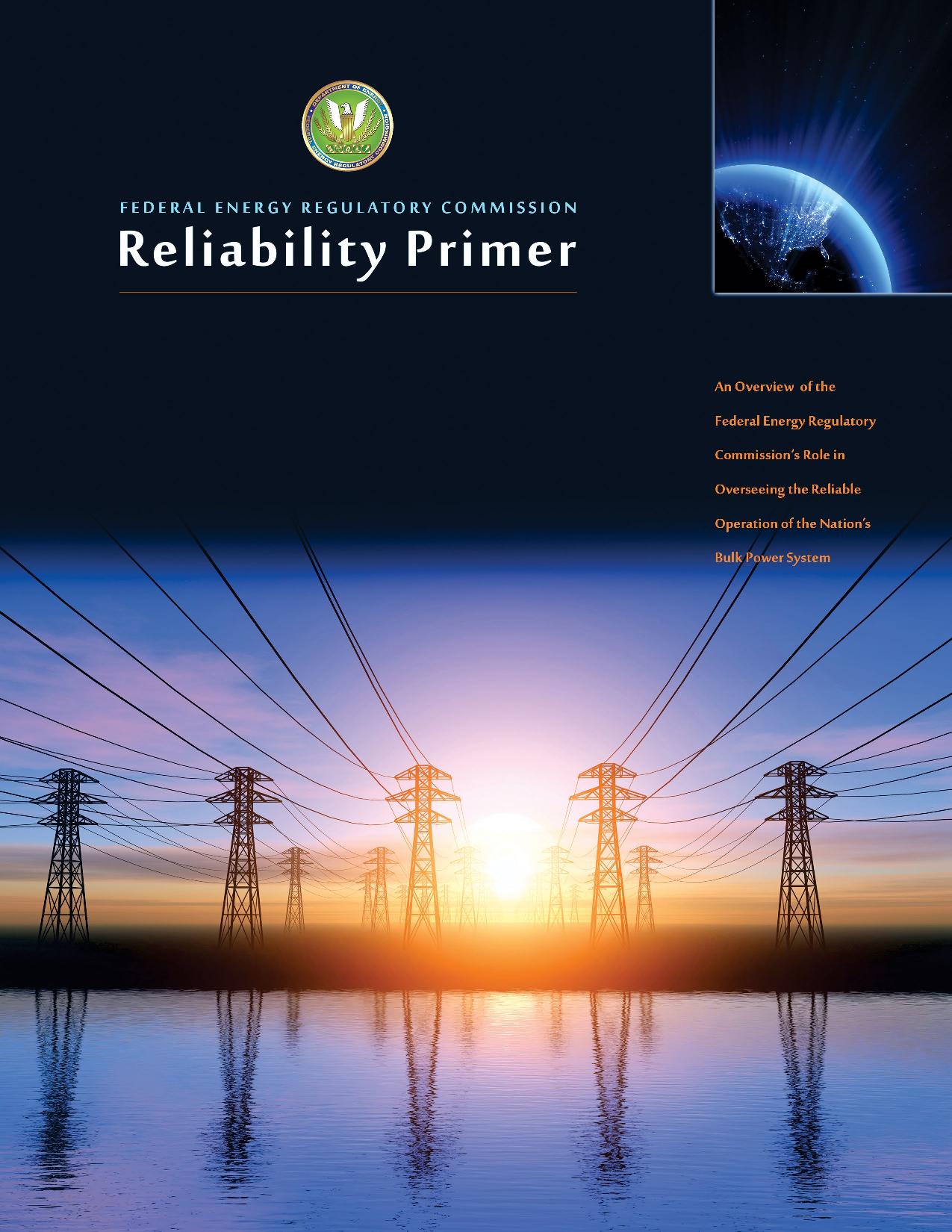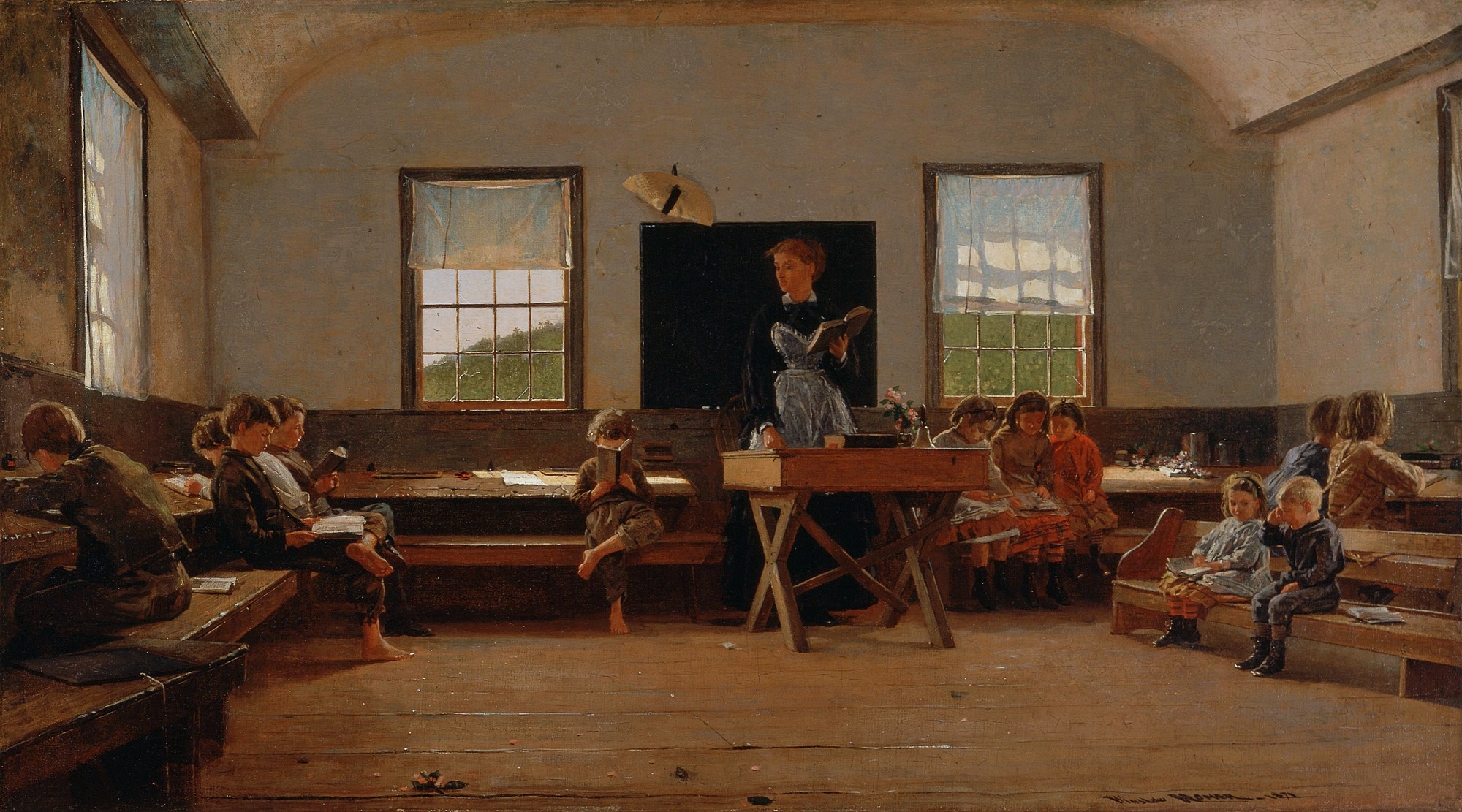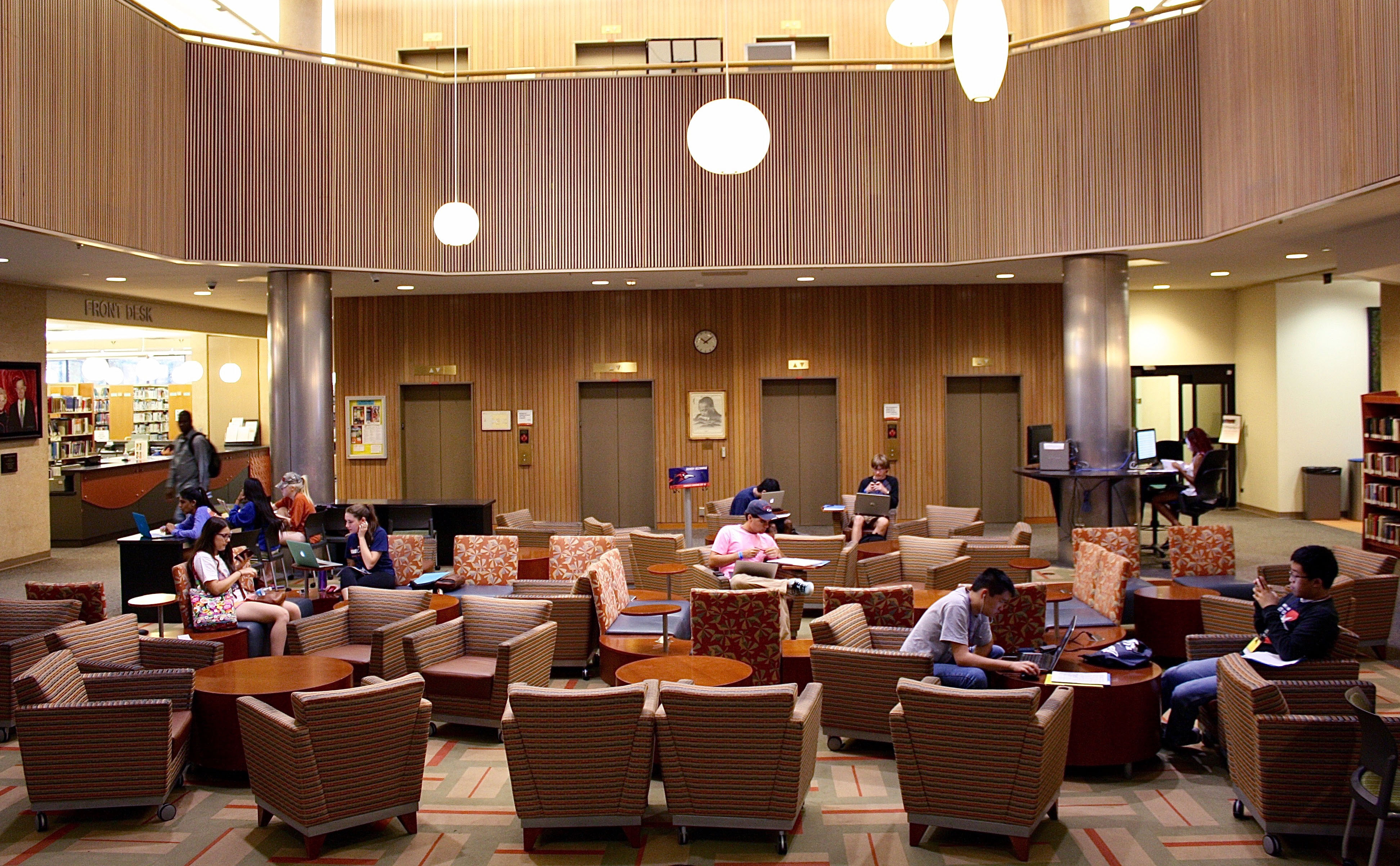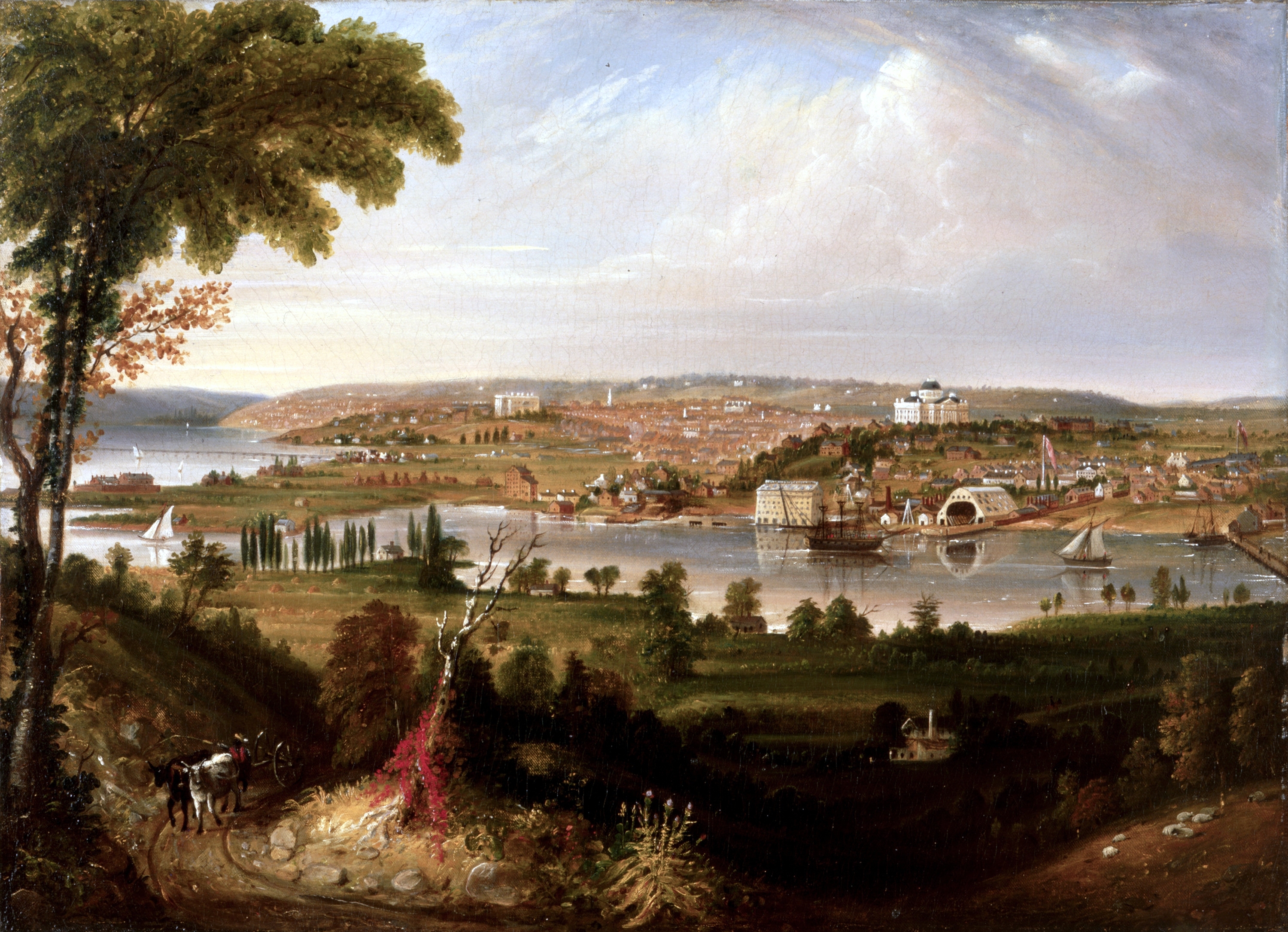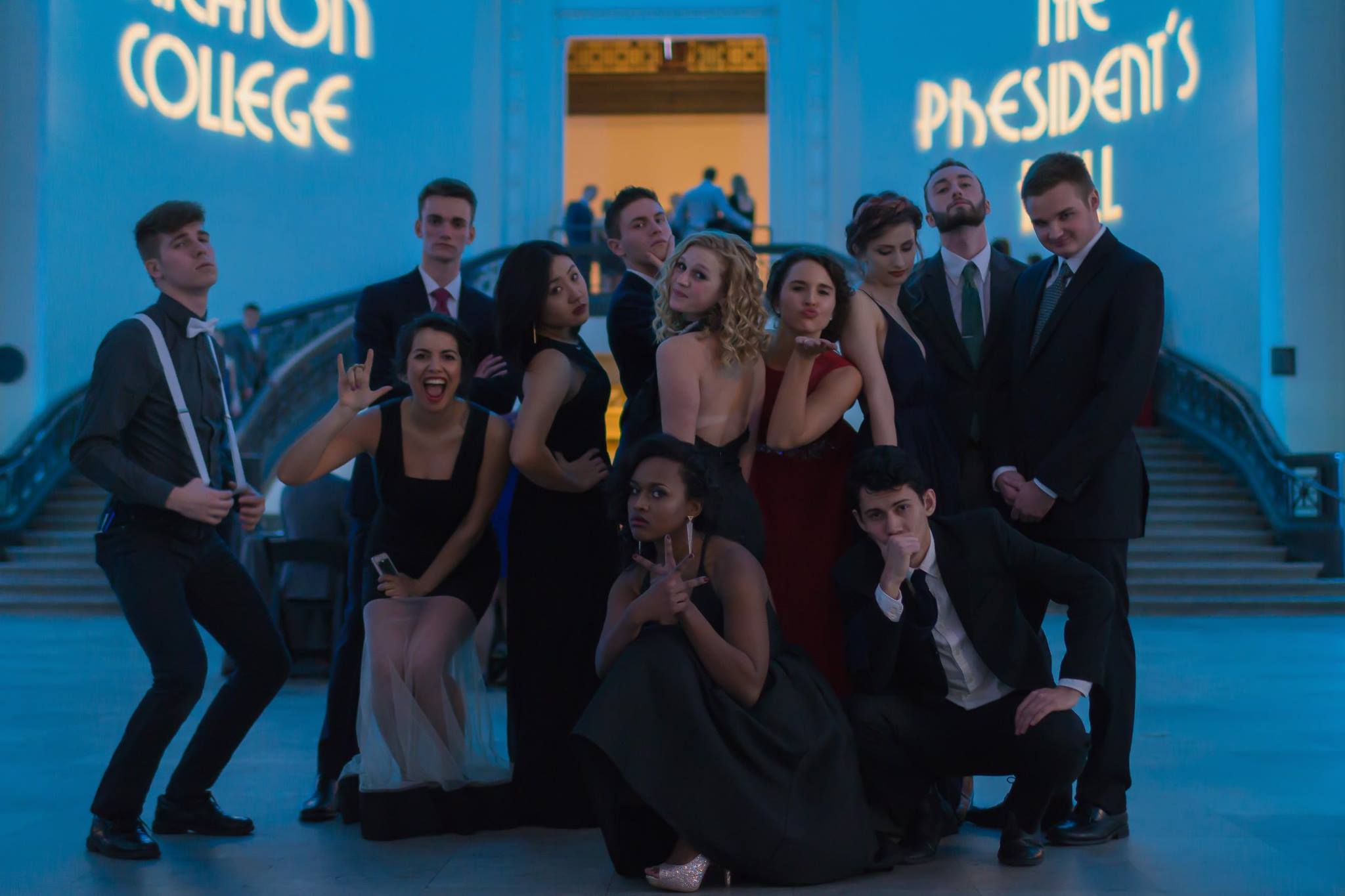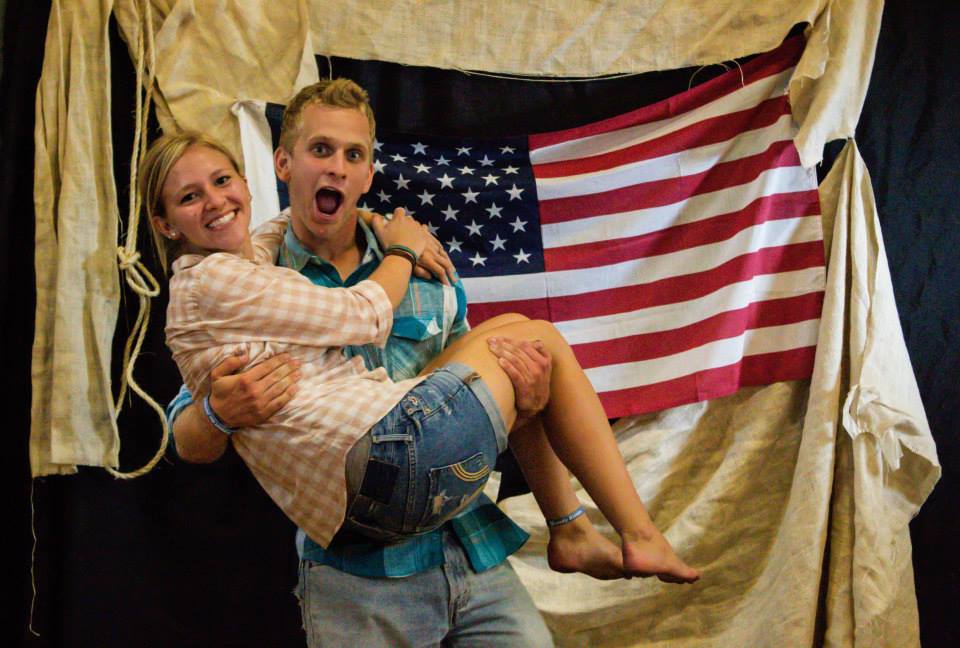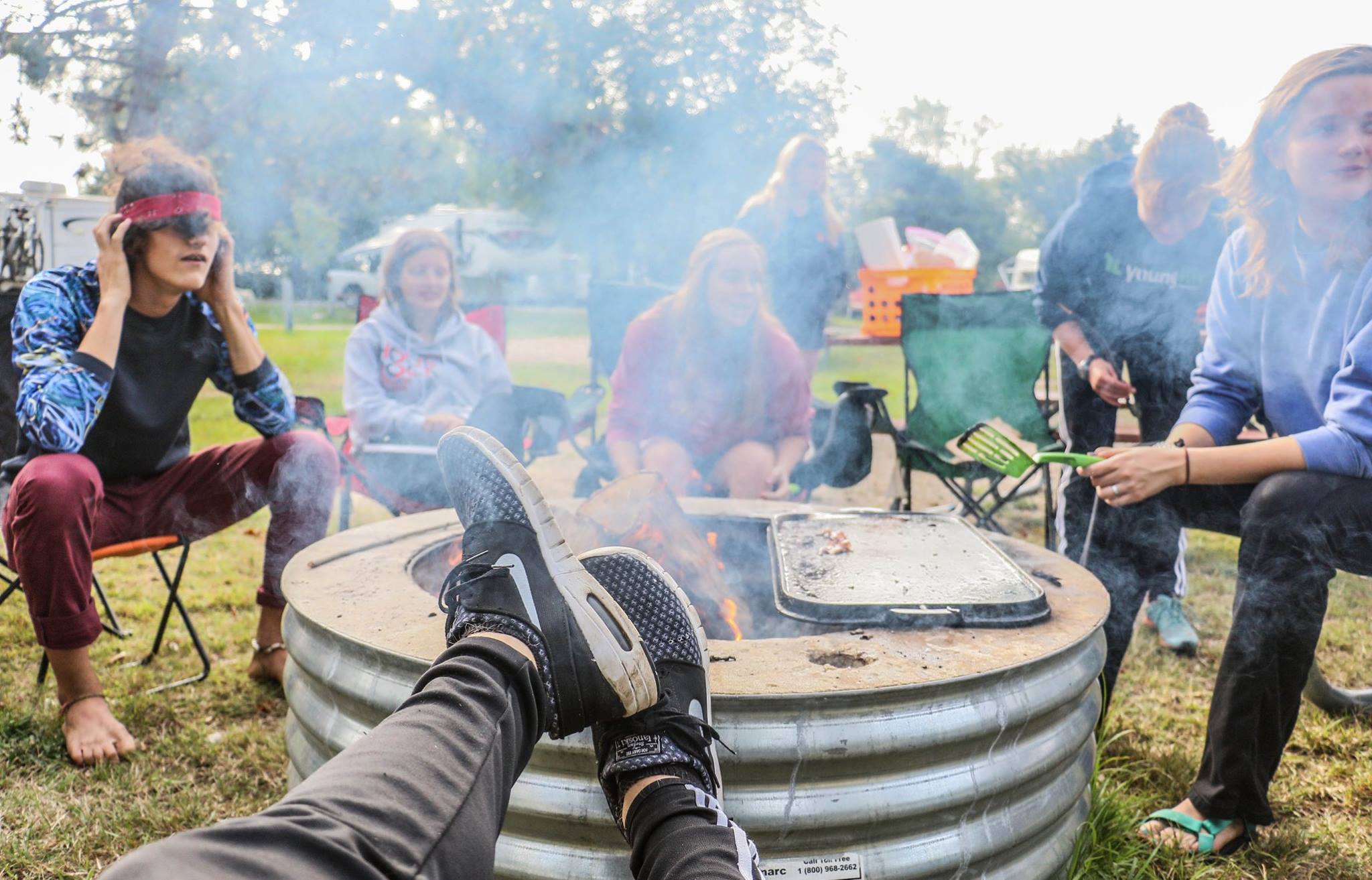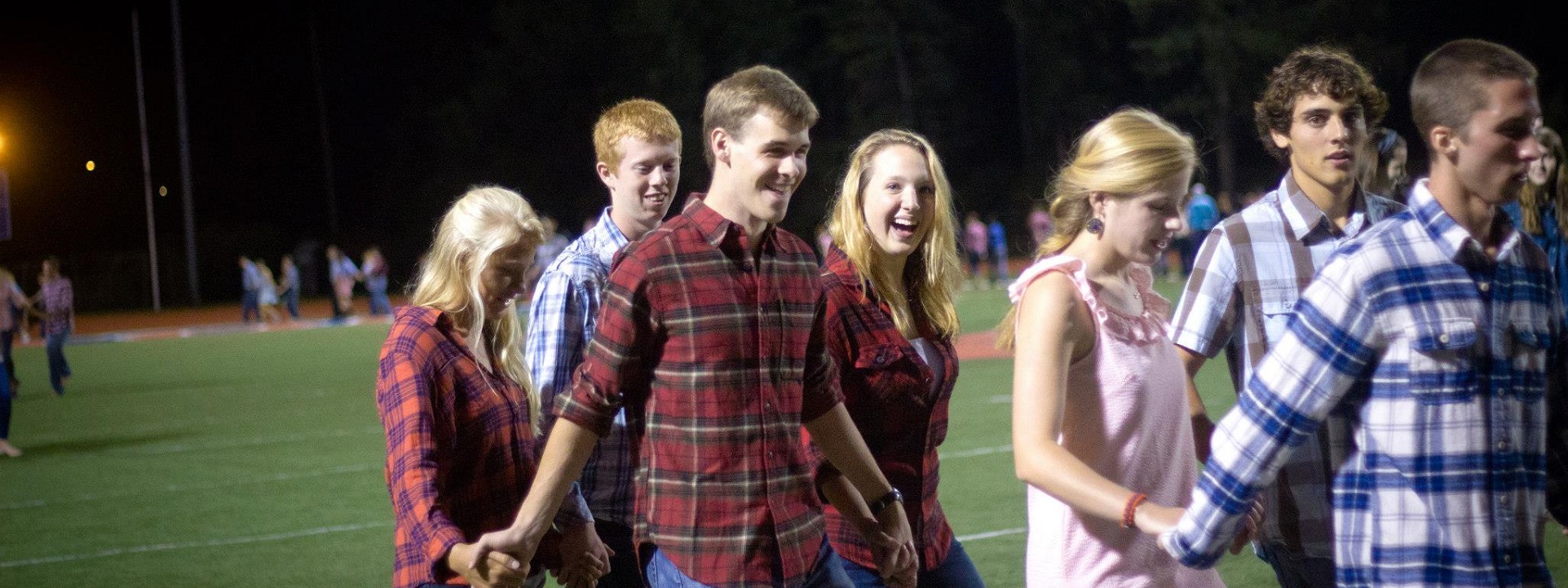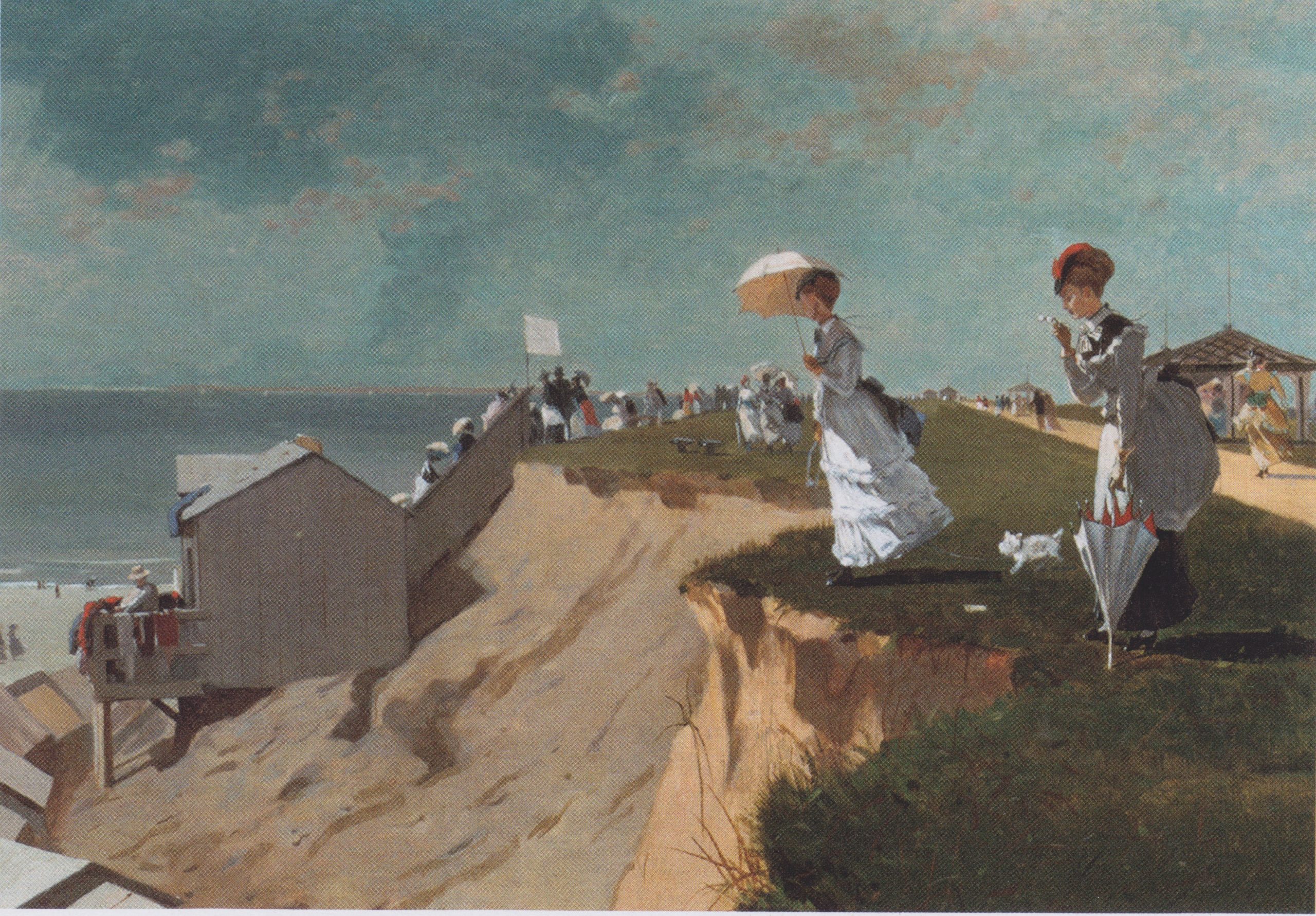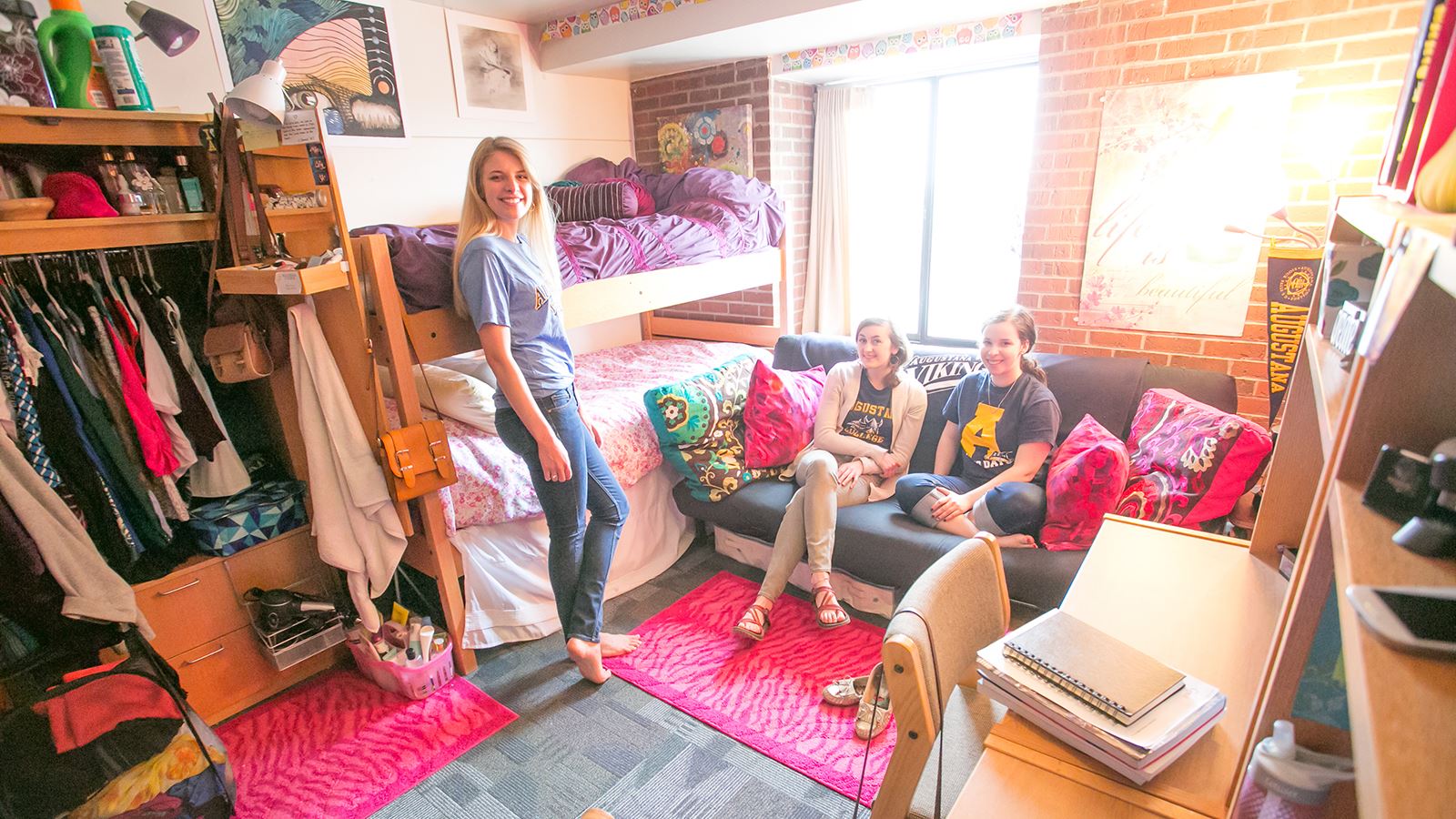Campus Landscape Vision and Site Standards
- Home Page 169

Novel Transmission Line Design for Reduced EMF
Electric Field Comparison of Conventional Transmission Line With Unconventional Transmission Line
Easir Arafat, et. al
Department of Electrical and Computer Engineering
Zero Emission, Realization of Optimized Energy Systems Laboratory
The University of Texas at Dallas
Abstract: To accommodate the growing demand for electricity, a novel transmission line design has been proposed. This proposed structure must undergo rigorous evaluation to ensure it complies with existing safety standards. As magnetic field and electric field are crucial for the safety of systems and their surroundings, the proposed line must adhere to established limits. This paper presents a comparison of the electric field generated by a newly proposed unconventional overhead line compared to a conventional line where electric field is calculated for each sub-conductor individually. The results demonstrate that the unconventional transmission line exhibits a more favorable electric field profile compared to the conventional line.
In large to medium-sized cities in the US, the highest voltages typically found in the power distribution and transmission systems are as follows:
- Transmission Lines: These are the high-voltage lines that transport electricity over long distances from power plants to substations near populated areas. The voltages for transmission lines can range from:
- 69 kV (kilovolts)
- 115 kV
- 138 kV
- 230 kV
- 345 kV
- 500 kV
- Up to 765 kV in some areas
- Sub-transmission Lines: These lines carry electricity from the high-voltage transmission system to the distribution substations and have voltages typically ranging from:
- 34.5 kV
- 69 kV
- 115 kV
- Distribution Lines: These lines deliver electricity from substations to consumers and generally operate at lower voltages. Common distribution voltages include:
- 4.16 kV
- 13.2 kV
- 13.8 kV
- 25 kV
- 34.5 kV
The specific voltage levels can vary depending on the region and the utility company managing the electrical infrastructure. The highest voltages, especially those above 230 kV, are generally found in the transmission network, which is designed to efficiently move large quantities of power over long distances.
Maxwell’s Equations and Electromagnetic Waveshttps://t.co/lsQtMoQ99v
@yaleseas pic.twitter.com/CJQV6SQK2k— Standards Michigan (@StandardsMich) September 17, 2020
Classroom Furniture
The Business and Institutional Furniture Manufacturers Association standards catalog — largely product (rather than interoperability oriented) is linked below:
In stabilized standards, it is more cost effective to run the changes through ANSI rather than a collaborative workspace that requires administration and software licensing cost. Accordingly, redlines for changes, and calls for stakeholder participation are released in ANSI’s Standards Portal:
STANDARDS ACTION WEEKLY EDITION
Send your comments to Dave Panning. (See Dave’s presentation to the University of Michigan in the video linked below.
We find a great deal of interest in sustainable furniture climbing up the value chain and dwelling on material selection and manufacture. We encourage end-users in the education industry — specifiers, department facility managers, interior design consultants, housekeeping staff and even occupants — to participate in BIFMA standards setting. You may obtain an electronic copies for in-process standards from David Panning, (616) 285-3963, dpanning@bifma.org You are encouraged to send comments directly to BIFMA (with copy to psa@ansi.org). David explains its emergent standard for furniture designed for use in healthcare settings in the videorecording linked below:
Contacts: Mike Anthony, Christine Fischer, Jack Janveja, Dave Panning
Category: Architectural, Facility Asset Management
Related:
A Guide to United States Furniture Compliance Requirements
Aaron Copland “Our Town”
Azusa Pacific University Symphony Orchestra | Susanna Cervantes, Graduate Conductor
Recorded Nov. 10, 2018 at the Haugh Performing Arts Center, Glendora CA
Copland wrote the score to the film version of Thornton Wilder’s play in 1940. Comparable to Copland’s other orchestral suite, Appalachian Spring, Our Town is smaller in scale, but holds the same traditional Copland characteristics: the sunrise wake up call in the beginning, the call and response, exploiting the reflective quality of the woodwinds, brass chorales, and the desperately aching sounds of the strings.
He explained, “For the film version, they were counting on the music to translate the transcendental aspects of the story. I tried for clean and clear sounds and in general used straight-forward harmonies and rhythms that would project the serenity and sense of security of the story.” It is dedicated to Leonard Bernstein.
Su Jin Susanna Cervantes is professional freelancer actively working in the greater Los Angeles area. As a cellist, Susanna has played in multiple ensembles such as Hollywood Youth Orchestra, USC Thornton Symphony, and APU Symphony Orchestra.
She has also performed in multiple chamber groups performing works by Barber, Brahms, Borodin, Franck, Mendelssohn, Rachmaninoff, and many more. She has performed in masterclasses with Daniel Hoffman, Lynn Harrell, and Alisa Weilerstein. In addition, she frequents in collaboration with singer-songwriters such as Sleeping At Last, whose hits are featured on ABC’s Grey’s Anatomy; grammy-nominated artist, Michelle Bloom; British Christian singer-songwriter, Matt Redman; and singer/actress, Jackie Tohn.
Susanna is an academic instructor at Orange County School of Arts, teaching String Literature and Music History. She is also a strings coach for the Symphony Orchestra at San Marino High School. Since 2011, Susanna has been a pianist and a music associate at First Baptist Church of Glendale, facilitating services and contracting musicians for the church. Susanna has been teaching cello privately throughout Southern California since 2010.
Susanna has received her BM in Cello Performance from Azusa Pacific University, and is currently studying with Professor Christopher Russell at Azusa Pacific University and will receive her MM in Instrumental Conducting in May of 2019.
Federal Participation in Consensus Standards
The White House Office of Management and Budget released a revision of OMB Circular No. A-119, “Federal Participation in the Development and Use of Voluntary Consensus Standards“ and in Conformity Assessment Activities. According to the announcement:
OMB has issued a revision of Circular A-119 in light of changes that have taken place in the world of regulation, standards, and conformity assessment since the Circular was last revised in 1998. OMB’s revisions are meant to provide more detailed guidance to agencies to take into account several issues, including the Administration’s current work in Open Government, developments in regulatory policy and international trade, and changes in technology.
The response by ANSI is available at the link below:
ANSI Response OMB A-119 050614
The degree to which leading practice can be discovered and promoted by industries themselves is a policy issue upon which good minds will disagree. Few nations disagree that innovation is faster and more enduring from the workpoint (or the point of consumption) up, but markets are not perfect instruments for discovering the greater good. At a speech given at the University of Michigan in 2015 , S. Joe Bhatia, CEO of the American National Standards Institute, expands upon this point in the short videoclip below:
Issue: [16-18]
Contact: Mike Anthony, Christine Fischer, Jack Janveja, Richard Robben
Category: Federal Regulation
Evensong “Believe Me, If All Those Endearing Young Charms”
“Believe Me, If All Those Endearing Young Charms” is a popular Irish folk song with lyrics written by the Irish poet Thomas Moore. It was first published in 1808 as part of a collection of Moore’s works called “Irish Melodies.” The lyrics of the song are based on a poem by the Irish poet Anne Boleyn (c. 1747–1801).
The melody is traditional Irish, and it is often performed as a slow air or a ballad. The song expresses themes of love, fidelity, and the enduring nature of true affection. Over the years, it has been recorded by many artists and remains a beloved classic in the folk music repertoire.
“September Fifteenth” (Metheny-Mays Cover) | Alt Guitar School
Pat Metheny’s song “September 15th” is a tribute to jazz pianist Bill Evans, who passed away on September 15, 1980. The piece appears on Metheny’s 1981 album “As Falls Wichita, So Falls Wichita Falls,” which he recorded with his frequent collaborator, keyboardist Lyle Mays. Metheny and Mays composed the song shortly after learning about Evans’s death, reflecting their deep admiration for his innovative and emotive playing style.
The track is a contemplative and evocative piece that captures the melancholy and beauty of Evans’s music. Through “September 15th,” Metheny and Mays pay homage to Evans’s profound influence on the jazz world, creating a poignant and lasting memorial in his honor.
Standards New Jersey
As we explain in our ABOUT, we are continuing the development of the cadre of “code writers and vote-getters” begun at the University of Michigan in 1993. We are now drilling down into state and local adaptations of nationally developed codes and standards that are incorporated by reference into public safety and sustainability legislation.
This post is a “test pancake” for generating discussion, and for developing a way forward for crafting state exceptions to nationally developed codes and standards. Every state will have to be managed according to its history, culture, governance regime, asset-base and network of expertise.
Standards Michigan will remain the “free” home site but state-specific sites such as Standards New Jersey will be accessible to user-interest code-writers and vote-getters. Please send bella@standardsmichigan.com a request to join one of our mailing lists appropriate to your interest for #SmartCampus standards action in the State of New Jersey.
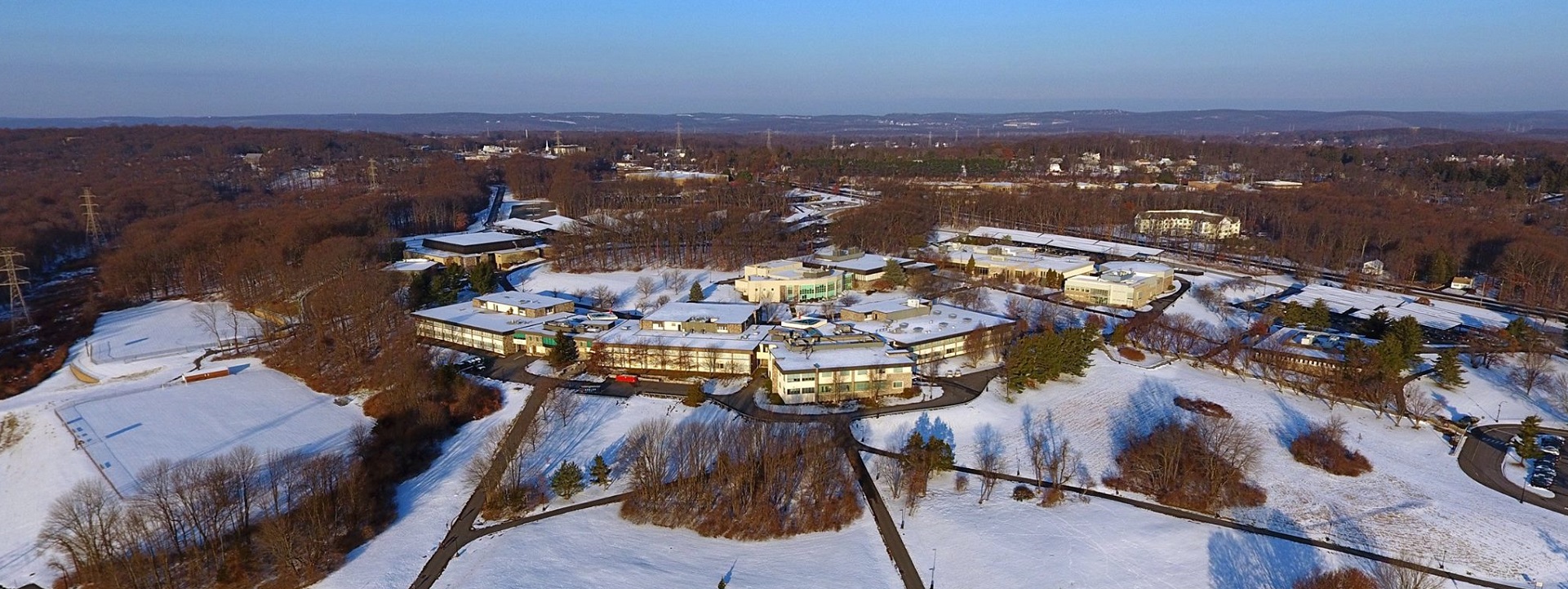
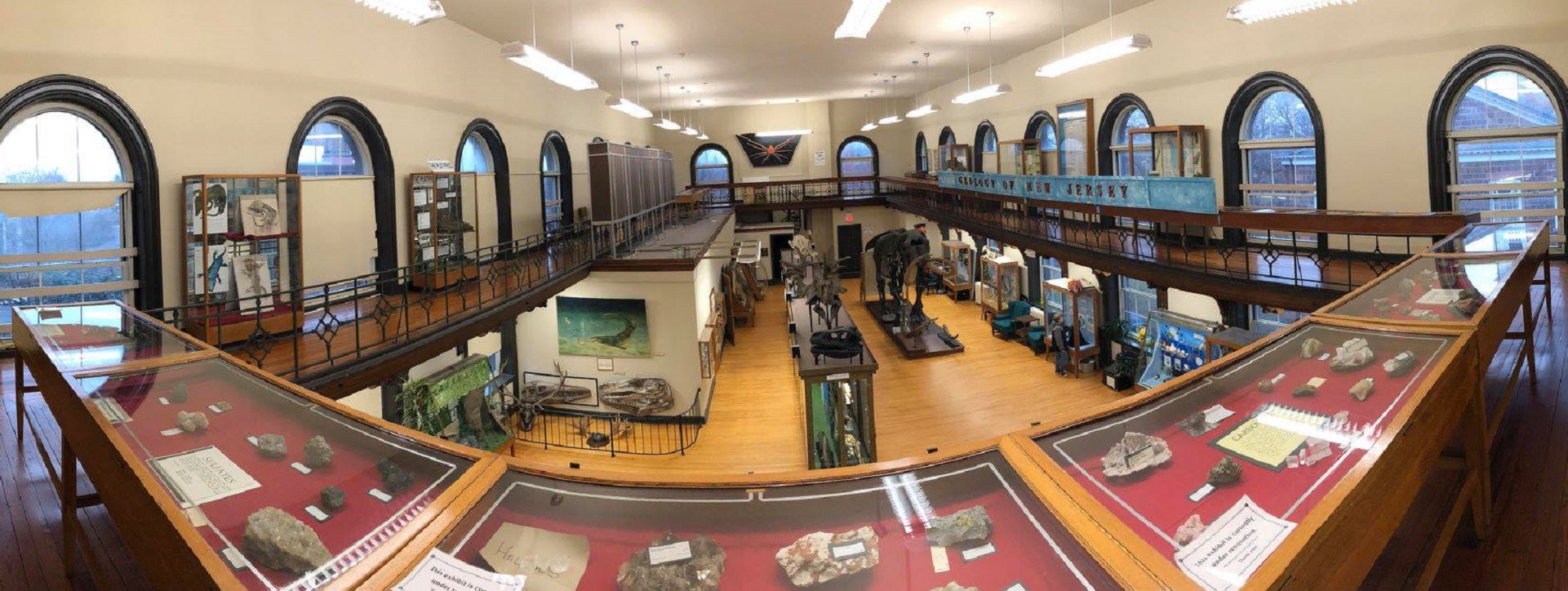
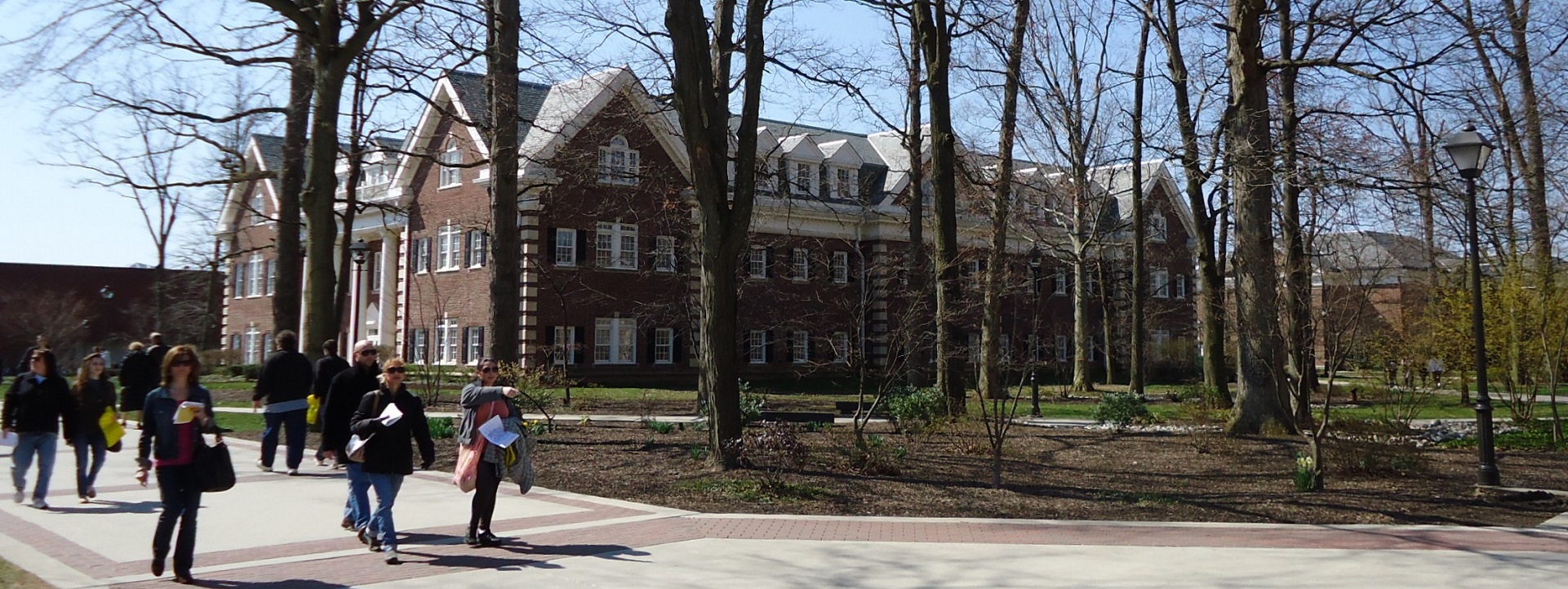
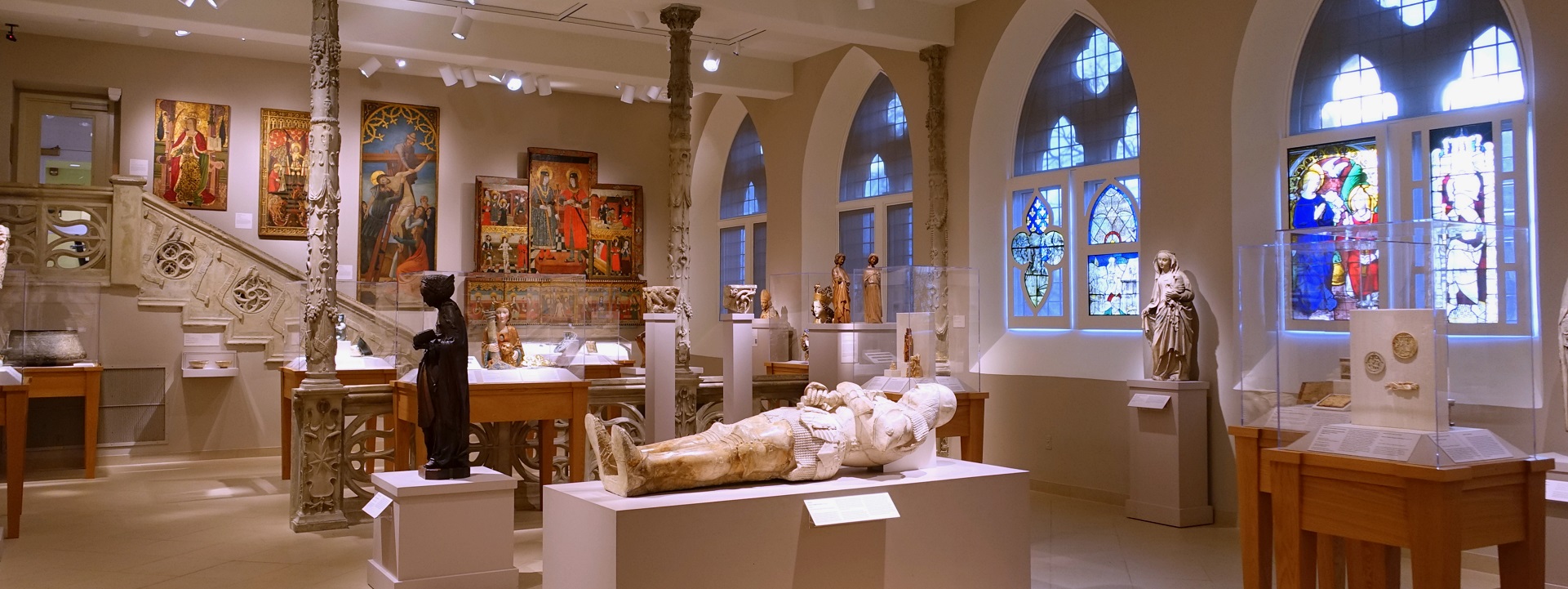
New update alert! The 2022 update to the Trademark Assignment Dataset is now available online. Find 1.29 million trademark assignments, involving 2.28 million unique trademark properties issued by the USPTO between March 1952 and January 2023: https://t.co/njrDAbSpwB pic.twitter.com/GkAXrHoQ9T
— USPTO (@uspto) July 13, 2023
Standards Michigan Group, LLC
2723 South State Street | Suite 150
Ann Arbor, MI 48104 USA
888-746-3670


